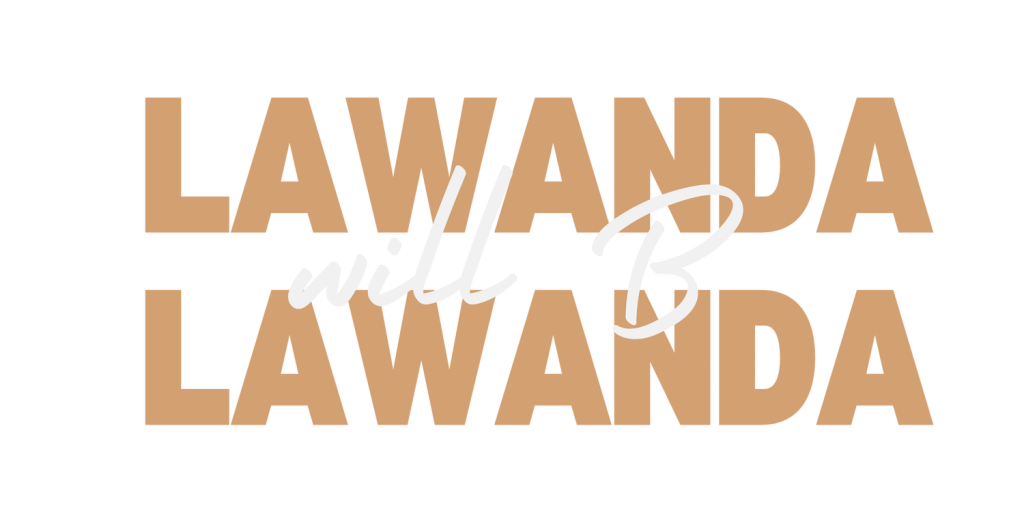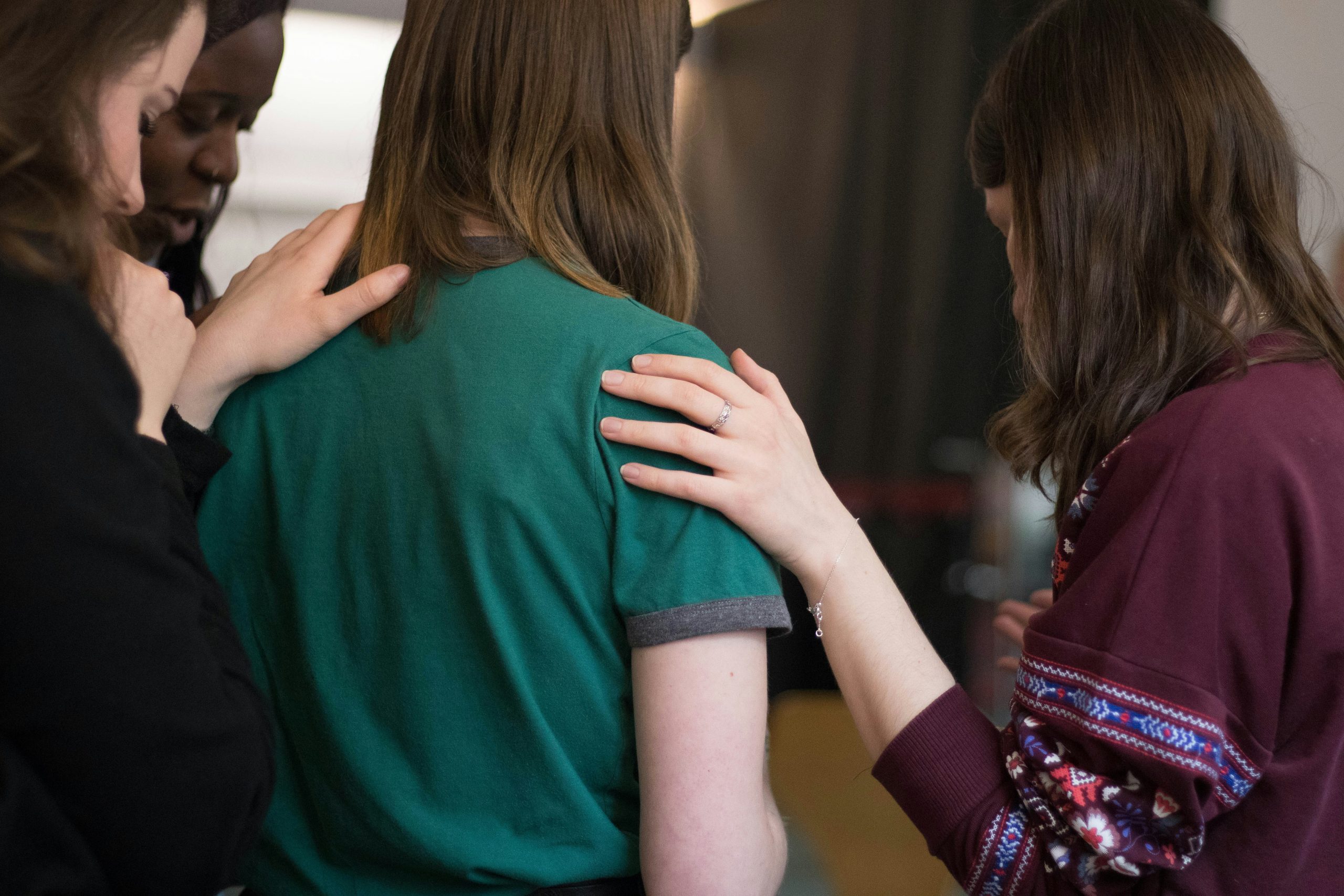
Taking Back Your Life
Childhood abuse leaves deep scars, but those scars don’t have to define your future. Breaking the silence is the first step in taking back your life, but it’s also important to work through the trauma with intentionality. Personal development, self-care, and spiritual growth all play a part in this journey.
For me, forgiving those who hurt me was a vital part of my healing process. Forgiveness is not about excusing the behavior or forgetting what happened. Rather, it’s about releasing the hold that anger and bitterness have over your life. In the story of Joseph from the Bible, he forgave his brothers who sold him into slavery, saying, “You intended to harm me, but God intended it for good” (Genesis 50:20). That scripture has been a cornerstone in my healing process, reminding me that even out of our deepest pain, God can bring something good.
Healing from childhood abuse is not an easy road, but it is possible. Each step you take toward speaking out, finding support, and reclaiming your life is a step toward freedom. It’s a journey that requires strength, but it also builds strength.
Breaking Free and Moving Forward
If you are reading this and have experienced childhood abuse, I want you to know that you are not alone. You are worthy of healing, and you deserve to live a life free from the weight of your past. Breaking the silence is terrifying, but it is also liberating. You don’t have to keep carrying the burden of what happened to you. It is possible to break free and to find peace, joy, and healing.
I encourage you to take that first step. Speak up, reach out, and begin your journey toward healing. The silence may have been your safety net, but it’s time to let it go and step into the fullness of your life. As someone who has been there, I can promise you—it’s worth it. Victory awaits on the other side of the silence.
Join my tribe on Instagram for tips, encouragement, inspiration and more to help you on your journey to recovery.
I am LaWanda Will B LaWanda because everyone else is already taken!
Photo by Thought Catalog on Unsplash



